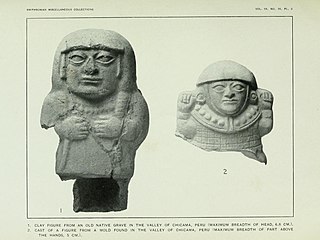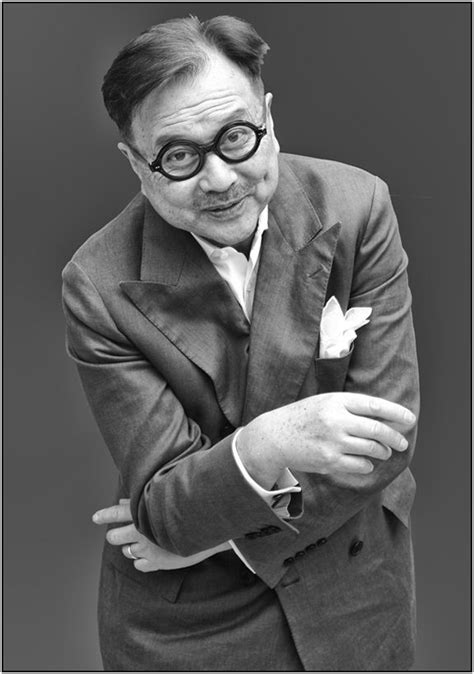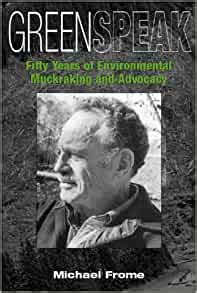A Quote by Ma Yansong
In our traditional culture, people have a very different view towards nature than in Western culture. We consider humans as part of nature. But in the West, they talk about protecting nature. That's a joke because nature doesn't care; it's humans who need to protect themselves.
Related Quotes
Nature is seen by humans through a screen of beliefs, knowledge, and purposes, and it is in terms of their images of nature, rather than of the actual structure of nature, that they act. Yet, it is upon nature itself that they do act, and it is nature itself that acts upon them, nurturing or destroying them.
The true essence of Chinese culture is sophistication, refinement, the spirit of poetry. The spirit of ink painting and calligraphy lives on forever. Calligraphy is more important than painting. Chinese always consider nature. Man is a very small part of nature. That's why in Chinese painting you see huge mountains and man very small, very humble before nature. You must be harmonious and one with nature. You don't fight it. And then there's a bit of a poetry. Of course, it's very complicated, but also very simple.
Sex is probably one of the last forms of human expression to enjoy such a direct connection with nature. It might be the primary site of conflict between nature and culture. If one assumes that nature (or instinct) is repressed in a highly civilised society, then I think the conceptual dyad nature-culture is best preserved there, in the realm of sex.
After decades of faithful study, ecologists have begun to fathom hidden likenesses among many interwoven systems. ...a canon of nature's laws, strategies, and principles...
Nature runs on sunlight.
Nature uses only the energy it needs.
Nature fits form to function.
Nature recycles everything.
Nature rewards cooperation.
Nature banks on diversity.
Nature demands local expertise.
Nature curbs excesses from within.
Nature taps the power of limits.







































